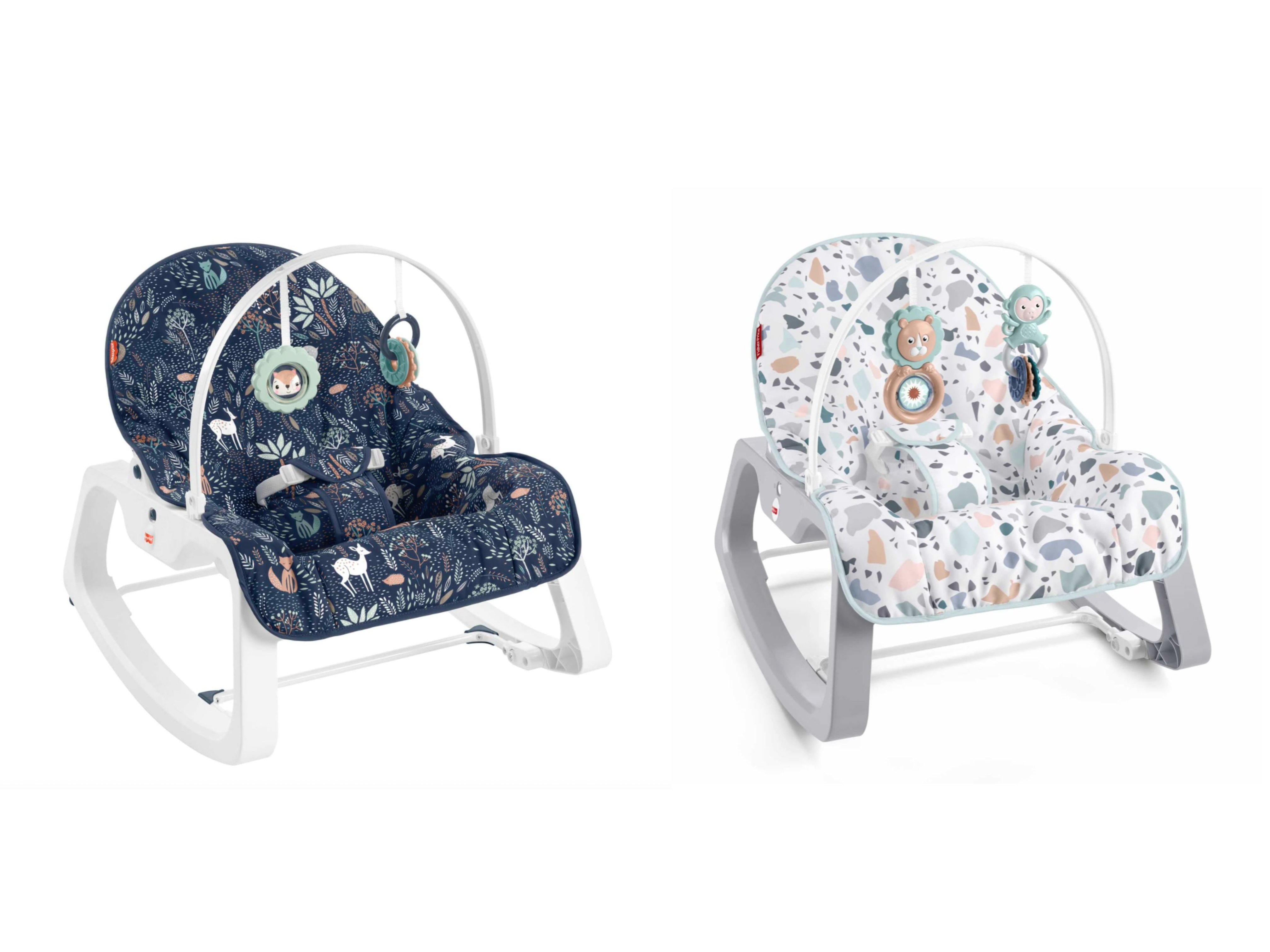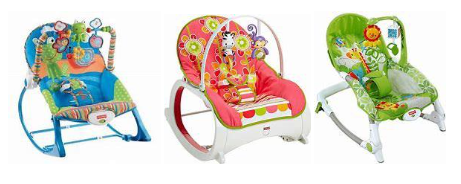Fisher-Price issues warning after 13 infant deaths from rockers - what you need to know
No recall has been issued for the product, but parents are advised not to let newborns and toddlers sleep in the rockers

Fisher-Price is warning parents not to put their children to sleep in rockers after at least 13 deaths were linked to the product.
On Tuesday 14 June, the US Consumer Product Safety Commission (CPSC) and Fisher-Price issued an alert for the company’s Infant-to-Toddler Rockers and Newborn-to-Toddler Rockers after “at least 13 reported deaths” occurred between 2009 and 2021.
According to the CPSC, the deaths happened when the babies fell asleep in the rockers. The company advised parents and caregivers that rockers “should never be used for sleep and infants should never be unsupervised or unrestrained in the Rockers.”
The announcement is being called a “safety notice” rather than a recall, per Fisher-Price’s parent company, Mattel, Inc.
The safety commission also issued a warning for Kids2 rockers on Tuesday, after at least one reported death of an infant occurred in a Bright Starts Rocker in 2019.
Now, the CPSC has finalised a rule that requires infant sleep products to have a sleep surface angle of 10 degrees or less, which goes into effect on 23 June, 2022.
“Parents and caregivers should never use inclined products, such as rockers, gliders, soothers, and swings, for infant sleep and should not leave infants in these products unsupervised, unrestrained, or with bedding material, due to the risk of suffocation,” the CPSC warned.
“Infants who fall asleep in an inclined or upright position should be moved to a safe sleep environment with a firm, flat surface such as a crib, bassinet or play yard,” the agency said.

Fisher-Price, a division of American toy manufacturer Mattel, Inc, has sold more than 17 million rockers worldwide since the 1990s. In June 2021, the company recalled two infant glider products – the 4-in-1 Rock ‘n Glide Soother and the 2-in-1 Soothe ‘n Play Glider – after four infants died from being placed on their backs unrestrained. The deaths, which occurred between April 2019 and February 202, were all children under four months old.
In 2019, Fisher-Price also recalled the Rock ‘n Play sleeper after more than 30 infant fatalities were reported since 2009.
“Just three years ago, this agency oversaw the recall of the Fisher-Price Rock ‘n Play after a staggering number of infant deaths. Tragically, we now grieve 13 more infant deaths in Fisher Price Rockers,” said CPSC Commissioner Richard Trumka in a statement.
According to Trumka, a gag rule had prevented the safety commission from alerting the public about a “pattern of death or injury” related to the product. Rather, the CPSC must seek permission from the product’s maker before issuing a warning. “Here, the Gag Rule delayed our message to the public by two months,” Trumka said. “If CPSC cannot issue timely warnings, dangers will remain hidden in people’s homes.”
Last month, President Biden signed the Safe Sleep For Babies Act into law, which bans the manufacture, sale, or distribution of inclined sleepers and panned crib bumpers that have been linked to more than 200 reported deaths.
The new law was prompted in part by a congressional committee report, which found that Fisher-Price ignored warnings about its Rock ‘n Play inclined sleeper before it was recalled in 2019. The safety notice is the latest concern for parents who have been left scrambling due to a shortage of baby formula in the United States. The current formula shortage is largely due to a shutdown of Abbott Nutrition’s Michigan plant, the largest in the US, which was shut down by the Food and Drug Administration (FDA) in February for unsanitary conditions.
FDA chief Robert Califf has warned that the baby formula shortage will likely not be resolved until late July.
Join our commenting forum
Join thought-provoking conversations, follow other Independent readers and see their replies
Comments


Bookmark popover
Removed from bookmarks